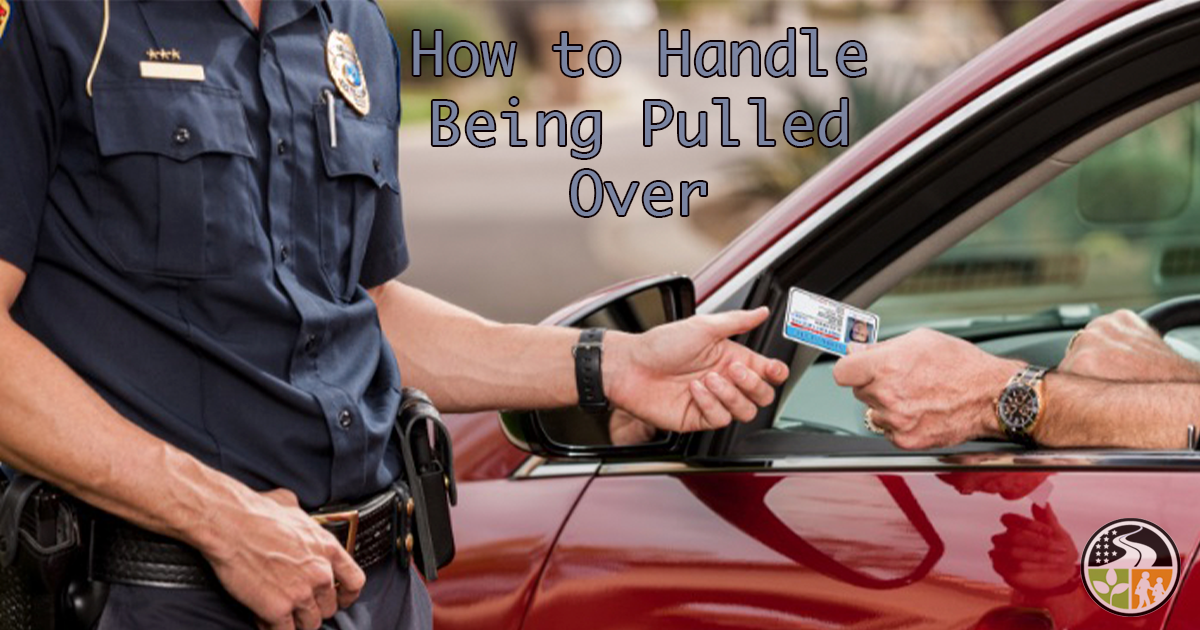How to Handle Being Pulled Over

That dreaded moment has arrived—you see the flashing lights and hear the blaring siren. A police vehicle is signaling that you need to pull over to the side of the road.
Your heart races fast, and fear pumps through your body. The same thought goes through your mind over and over: “But I didn’t do anything wrong!”
Don’t worry. You can keep calm if you know what to expect and how you should react if you are pulled over.
Why might a police officer pull over a vehicle?
Drivers are often pulled over due to a traffic infraction, such as driving faster than the posted speed limit or not signaling prior to making a turn. It is also possible that a police officer will notice that equipment on your vehicle is not working correctly, as can happen when a car has a broken taillight.
What should you do?
Step 1: Pull over to the right side of the road as soon as it’s safe to do so.
Step 2: Turn off your vehicle.
Step 3: To show that you do not pose a threat to the officer, put both hands on your steering wheel. If it’s after dark, turn on the interior light of your vehicle. Do not search for vehicle documents until the officer asks you to—he might misinterpret your purpose for reaching into the glove compartment.
Step 4: Wait for the officer to come over to your vehicle. He or she will approach your car window and ask for certain documents. Most state laws require that you show your driver's license, registration and proof of insurance. Give your name and address if requested. The officer may also ask you to step out of the car.
Step 5: The officer will inform you why you were stopped.
What you should do . . . and what should you not do?
Always be respectful to the officer. Do not threaten their authority.
Ask why you were pulled over. You should clearly understand why you are being ticketed.
Let the officer do the talking. Do not admit guilt. For instance, do not discuss how fast you were driving. You do not have to give any other information beyond the identification documents the officer requests.
If the officer gives you a ticket, you should receive a copy, and it should state clearly why you were stopped and why the ticket was issued. If you are given a citation that you don’t agree with, accepting the citation does not mean you admit to guilt.
What the police officer should not do
Police officers should not harass you in any way. They cannot request that you pay the ticket on the spot.
They do not have the authority to search your vehicle unless they believe you are engaging in illegal activity (for instance, if they smell alcohol or drugs, or see drugs in your vehicle).
- 2026
- 2025
- 2023
- 2022
- 2021
- 2020
- 2019
- 2018
- 2017

